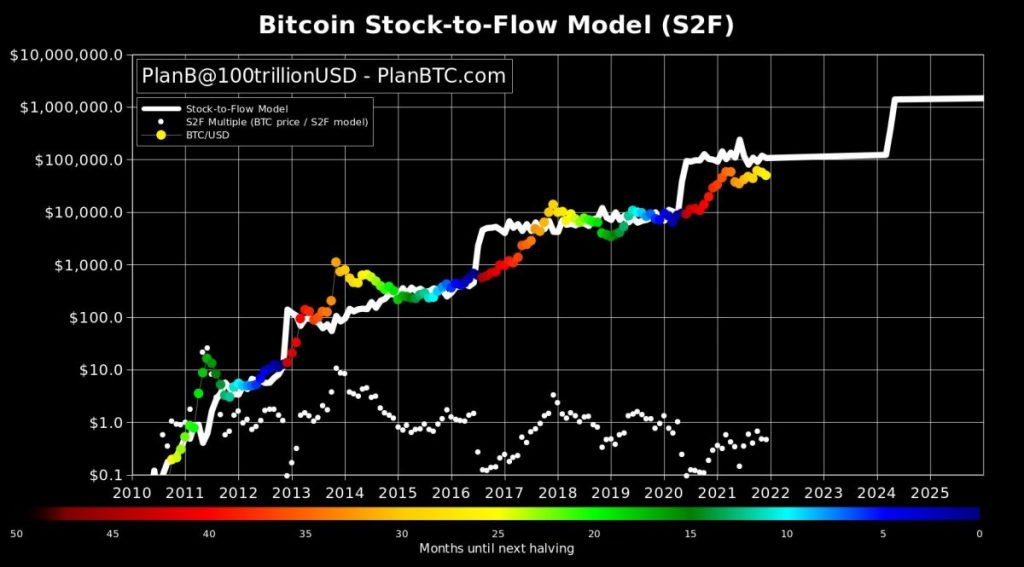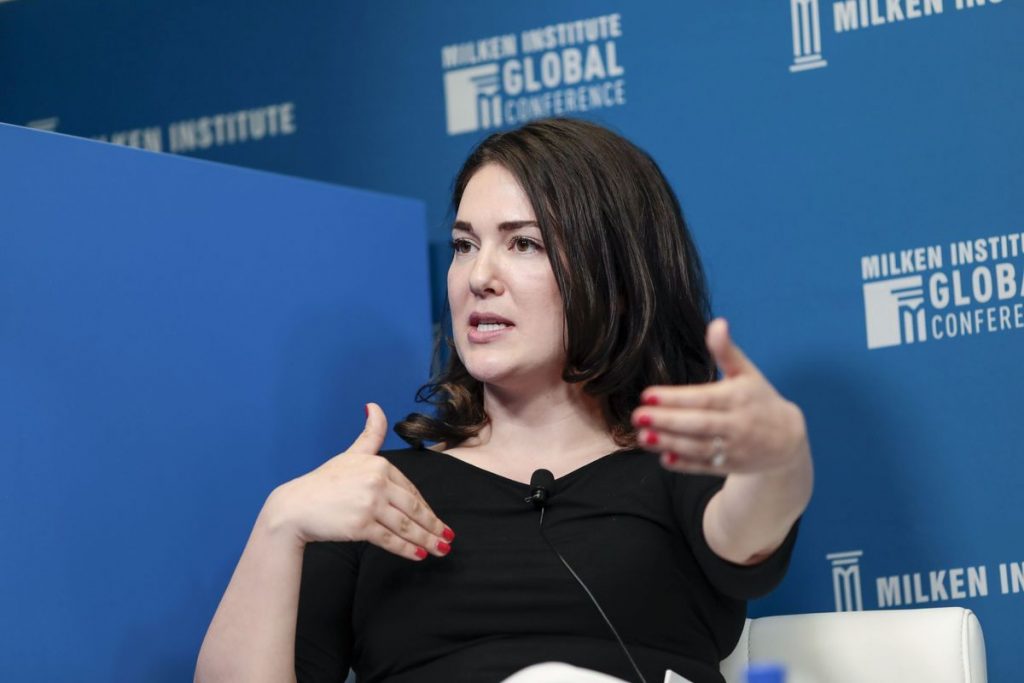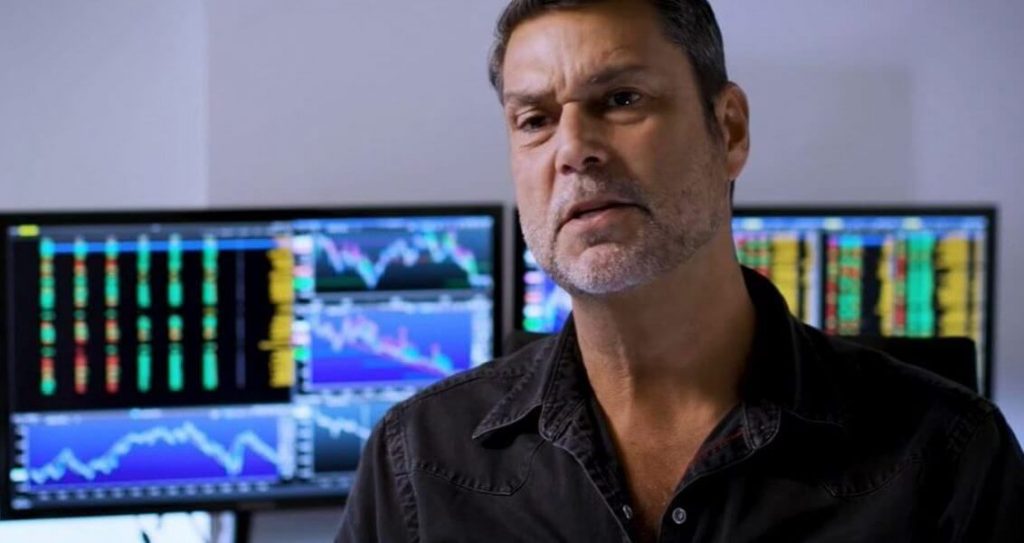As the crypto industry continues to evolve, the need for reliable and accurate analysis becomes increasingly important. With the rise of new projects, the integration of blockchain technology into traditional finance, and the ongoing debate around regulation, it can take time for investors and enthusiasts to navigate the market. In this article identifies the top 20 crypto analysts to watch in 2023 based on their experience, insights, and track record of accurate predictions.

Definition of crypto analysis and the Importance of crypto analysis in the current market
Cryptanalysis, also known as cryptoanalysis or cryptology, is the practice of analyzing and breaking codes and ciphers. It involves studying cryptographic algorithms and protocols to identify weaknesses and vulnerabilities that can be exploited to decipher encrypted messages or otherwise compromise the security of a cryptographic system.
In the current market, crypto analysis is very important due to the increasing use of cryptography in digital transactions and communications. Cryptography is used to secure online transactions, protect sensitive information, and provide privacy and anonymity to users. However, as more and more people rely on cryptographic systems, the risk of these systems being compromised also increases.
Crypto analysis plays a crucial role in identifying and addressing these vulnerabilities. Researchers can identify weaknesses and develop strategies to mitigate them by analyzing cryptographic algorithms and protocols. This helps to ensure that cryptographic systems remain secure and effective in protecting sensitive information.
Moreover, crypto analysis is essential for the development of new cryptographic systems. By understanding the strengths and weaknesses of existing systems, researchers can design more secure and efficient cryptographic algorithms and protocols. This helps to ensure that cryptography remains a vital tool for protecting online privacy and security.
Another important aspect of the crypto analysis is its role in ensuring the integrity and authenticity of digital assets. With the rise of cryptocurrencies and other digital assets, verifying the authenticity and accuracy of transactions and information has become critical. Crypto analysis can help to detect fraudulent or malicious activity, prevent data tampering, and ensure the accuracy of digital records.
Moreover, crypto analysis is crucial for regulatory compliance in the digital asset industry. As governments worldwide develop regulations for digital assets and blockchain technology, crypto analysis can help ensure these regulations are enforced effectively. Regions can monitor compliance and detect violations by analyzing digital asset transactions and identifying suspicious activity.
In summary, crypto analysis is essential for maintaining the digital transactions and communications ‘security, integrity, and authenticity of digital transactions and communications. As the use of cryptography continues to expand, the importance of crypto analysis will only increase. Its continued development will be vital for ensuring the security and privacy of individuals and organizations alike.
Crypto analysts are experts who provide insights and predictions about cryptocurrency markets and trends. They use a combination of technical analysis, fundamental analysis, and market knowledge to make their assessments. Some analysts focus on specific cryptocurrencies, while others provide a more general analysis of the overall market.
When evaluating crypto analysts, some factors to consider are their track record of accuracy, the depth of their analysis, and their overall credibility within the crypto community. It’s also important to consider the analyst’s biases and potential conflicts of interest, as these can affect the quality of their insights.
Ultimately, the best way to evaluate a crypto analyst is to read their analyses, compare them to other analysts’ opinions, and make informed judgments based on your knowledge and research.
Based on the above considerations, here are some general characteristics that might be expected of the top crypto analysts in 2023:
- Accuracy: Topp crypto analysts will likely have a proven track record of accurate predictions and analysis based on historical and current market data.
- Depth of analysis: They will likely provide deep insights and detailed analysis beyond basic technical analysis to help investors understand the underlying factors driving market movements.
- Credibility within the crypto community: They are likely to be respected and trusted crypto community members with a strong reputation for providing high-quality insights and analysis.
- Independence and lack of conflicts of interest: They are likely to be independent and free from conflicts of interest to ensure their analysis is unbiased and objective.
- Access to reliable data sources: They are likely to have access to trustworthy data sources, such as exchanges, blockchain networks, and market data providers, to help inform their analysis.
Methodology:
To compile this list, we analyzed the performance of a wide range of crypto analysts, including those specializing in fundamental, technical, and market sentiment analysis. We also examined their track record of accurate predictions and their influence within the crypto community. Finally, we considered their contributions to the industry, such as developing new research methods or creation educational content.
1. Jameson Lopp

Jameson Lopp (@lopp) is a former software engineer at BitGo and a Bitcoin developer and advocate. He has been involved in the crypto industry since 2012 and is known for his technical expertise. Lopp provides insightful analysis of the latest developments in Bitcoin and the broader crypto market.
2. Nic Carter

Nic Carter (@nic__carter) is a partner at Castle Island Ventures and a co-founder of Coin Metrics, a crypto data and research company. He is known for his in-depth analysis of crypto market trends and his ability to identify emerging opportunities in the industry. Carter’s analysis often focuses on Bitcoin but also provides insights into other crypto projects.
3. Alex Gladstein

Alex Gladstein (@Gladstein) is the Chief Strategy Officer at the Human Rights Foundation and a vocal advocate for using crypto to promote freedom and human rights. He has written extensively on the topic, and his analysis often focuses on the potential of crypto to empower individuals and communities worldwide.
4. Bitcoin Archive

Bitcoin Archive (@BTC_Archive) is a Twitter account that collects and shares historical information about Bitcoin and the crypto industry. It is run by an anonymous individual dedicated to preserving the industry’s history. The account provides a valuable resource for those interested in Bitcoin’s early days and the industry’s evolution.
5. Natalie Brunell

Natalie Brunell (@natbrunell) is a journalist and crypto enthusiast. She provides regular updates on market trends and developments, and her analysis often focuses on the potential impact of regulatory and policy decisions on the industry. Brunell also provides insights into emerging projects and trends within the crypto space.
6. PlanB

PlanB (@100trillionUSD) is a pseudonymous Bitcoin analyst and the creator of the Stock-to-Flow (S2F) model, which predicts future Bitcoin prices based on its scarcity. PlanB’s analysis often focuses on the long-term potential of Bitcoin and its role as a store of value. Many in the industry highly respect his insights into the market and Bitcoin’s future potential.
7. Messari

Messari (@MessariCrypto) is a crypto data and research company. Its Twitter account provides regular updates on market trends and developments and insights into specific projects and companies. Messari’s analysis often focuses on the fundamentals of specific projects and their potential for growth and adoption.
8. Andreas M. Antonopoulos

Andreas M. Antonopoulos (@aantonop) is a well-known Bitcoin advocate and author of several books on the technology. He provides valuable insights into the technical aspects of Bitcoin and the industry. In addition, Antonopoulos is known for his ability to explain complex technical concepts in a way accessible to a wide audience.
9. Anthony Sassano

Anthony Sassano (@sassal0x) is a crypto analyst and co-founder of EthHub, a resource for information on Ethereum. His analysis often focuses on the potential of Ethereum and its ecosystem, as well as emerging trends within the DeFi (decentralized finance) space. Sassano’s insights are highly respected by many in the Ethereum community.
10. Laura Shin

Laura Shin (@laurashin) is a journalist and podcaster who covers the crypto industry. Her Twitter feed provides regular updates on market trends and developments and insights into specific projects and companies. Shin is known for her ability to ask intelligent questions and her dedication to providing balanced and informative industry coverage.
11. Meltem Demirors

Meltem Demirors (@Melt_Dem) is the Chief Strategy Officer at CoinShares and a prominent voice in the crypto industry. She provides insightful analysis on the intersection of technology and finance and crypto’s potential social and political implications. Demirors is also an advocate for diversity and inclusion in the industry.
12. Caitlin Long

Caitlin Long (@CaitlinLong_) is the founder and CEO of Avanti Financial Group, a digital asset bank. She is a veteran of the traditional finance industry and provides unique insights into the regulatory and legal aspects of the crypto industry. Long is also an advocate for transparency and responsible governance within the industry.
13. Katherine Wu

Katherine Wu (@katherineykwu) is a crypto analyst and writer. She provides insightful analysis on a range of topics, including market trends, emerging projects, and regulatory developments. Wu is known for her ability to provide a nuanced and balanced analysis of complex issues within the industry.
14. Ryan Selkis

Ryan Selkis (@twobitidiot) is the founder and CEO of Messari, a crypto data and research company. He provides valuable insights into market trends and developments and the potential of specific projects and companies. Selkis is also an advocate for transparency and responsible governance within the industry.
15. Willy Woo

Willy Woo (@woonomic) is a Bitcoin analyst and investor. He provides insightful analysis on market trends and the behavior of Bitcoin investors. Woo is known for his data-driven analysis approach and ability to identify emerging trends within the industry.
16. Raoul Pal

Raoul Pal (@RaoulGMI) is the CEO of Real Vision and a well-known macro investor. He provides valuable insights into the intersection of macroeconomics and the crypto industry and the potential of specific projects and companies. Pal’s analysis is highly respected by many in the investment community.
17. Murad Mahmudov

Murad Mahmudov (@MustStopMurad) is a Bitcoin analyst and investor. He provides insightful analysis on the long-term potential of Bitcoin and its role as a store of value. Mahmudov is known for his contrarian views and his ability to identify emerging trends within the industry.
18. Spencer Noon

Spencer Noon (@spencernoon) is a crypto investor and the head of DTC Capital, a crypto-focused investment firm. He provides valuable insights into the potential of specific projects and companies, as well as emerging trends within the industry. Noon’s analysis is highly respected by many in the investment community.
19. Eric Wall

Eric Wall (@ercwl) is a crypto analyst and investor. He provides insightful analysis on market trends and the potential of specific projects and companies. In addition, Wall is known for his contrarian views and his ability to identify emerging trends within the industry.
20. Su Zhu

Su Zhu (@zhusu) is a crypto investor and the CEO of Three Arrows Capital, a crypto-focused investment firm. He provides valuable insights into market trends and the potential of specific projects and companies. Zhu is known for his contrarian views and his ability to identify emerging trends within the industry.
Role of crypto analysts
The role of crypto analysts is to analyze and evaluate cryptographic algorithms and protocols to identify any weaknesses or vulnerabilities that could compromise their security. They use various techniques to analyze cryptographic systems, such as mathematical analysis, computer simulations, and real-world testing implementations.
Crypto analysts also play a critical role in developing new cryptographic systems. By understanding the limitations and strengths of existing systems, they can develop new algorithms and protocols that are more secure and efficient. In addition, they work closely with other experts, including software developers, mathematicians, and cryptographers, to design, implement, and test new cryptographic systems.
In addition to analyzing and developing cryptographic systems, crypto analysts also play a crucial role in maintaining the security of existing systems. They monitor and investigate suspicious activity, identify security breaches, and develop strategies to mitigate security risks.
Crypto analysts also have an important role in regulatory compliance in the digital asset industry. They work closely with regulators to ensure digital asset transactions comply with relevant laws and regulations. In addition, they analyze transaction data to detect any signs of fraudulent or suspicious activity and help to identify potential violations.
Overall, the role of crypto analysts is critical for ensuring the security, integrity, and authenticity of digital transactions and communications. In addition, their work helps to ensure that cryptographic systems remain effective in protecting sensitive information and that new systems are designed to be secure and efficient.
FAQs
What makes a good crypto analyst?
A good crypto analyst has deep knowledge of the crypto industry, understands the underlying technology, and has a strong understanding of market trends. In addition, they should be able to provide insightful analysis, communicate complex ideas clearly and concisely, and be able to forecast future trends.
What qualifications do you need to become a crypto analyst?
There is no one-size-fits-all answer to this question, as the qualifications required to become a crypto analyst may vary depending on the employer or organization. However, having a finance, economics, or computer science background can be helpful. Additionally, obtaining relevant certifications, such as the Chartered Financial Analyst (CFA) designation, can be beneficial.
What tools do crypto analysts use?
Crypto analysts may use a variety of tools, including data analysis software, blockchain explorers, charting software, and financial modeling tools. They may also use social media platforms and other online communities to stay up-to-date on market trends and news.
How can I become a crypto analyst?
To become a crypto analyst, you may need to obtain relevant education and experience in finance, economics, or computer science. Additionally, obtaining relevant certifications, such as the Chartered Financial Analyst (CFA) designation, can be beneficial. Networking with industry professionals and staying up-to-date on market trends and news can also help you establish yourself as a crypto analyst.
What is the role of a crypto analyst?
The role of a crypto analyst is to provide analysis and insights into the cryptocurrency market. They may analyze market trends, research new and existing projects, and provide recommendations on investments or trading strategies.
What are some challenges faced by crypto analysts?
Q:
A: Some challenges crypto analysts face include the volatile nature of the cryptocurrency market, the lack of regulation, and the complex nature of blockchain technology. Additionally, staying up-to-date on new projects and developments in the industry can take time due to the fast pace of innovation.
Do crypto analysts work for specific companies or organizations?
Crypto analysts may work for a variety of companies and organizations, including investment firms, cryptocurrency exchanges, and media outlets. They may also work independently as freelance analysts or consultants.
Conclusion
These are just a few of the top crypto analysts to watch in 2023. With their experience, insights, and track record of accurate predictions, they can provide valuable guidance to investors and enthusiasts navigating the rapidly evolving crypto landscape. As the industry continues to grow and mature, the need for reliable analysis will only become more important. These analysts will no doubt play a key role in shaping the industry’s future.
Read More: mpost.io








 Bitcoin
Bitcoin  Ethereum
Ethereum  XRP
XRP  Tether
Tether  Solana
Solana  Dogecoin
Dogecoin  Cardano
Cardano  USDC
USDC  Lido Staked Ether
Lido Staked Ether  TRON
TRON  Avalanche
Avalanche  Toncoin
Toncoin  Shiba Inu
Shiba Inu  Polkadot
Polkadot  Wrapped stETH
Wrapped stETH  Chainlink
Chainlink  Stellar
Stellar  Wrapped Bitcoin
Wrapped Bitcoin  Hedera
Hedera  Bitcoin Cash
Bitcoin Cash  Sui
Sui  WETH
WETH  Litecoin
Litecoin  Uniswap
Uniswap  NEAR Protocol
NEAR Protocol  LEO Token
LEO Token  Pepe
Pepe  Aptos
Aptos  Wrapped eETH
Wrapped eETH  Internet Computer
Internet Computer  Cronos
Cronos  POL (ex-MATIC)
POL (ex-MATIC)  USDS
USDS  Ethereum Classic
Ethereum Classic  Bittensor
Bittensor  Artificial Superintelligence Alliance
Artificial Superintelligence Alliance  Filecoin
Filecoin  Ethena USDe
Ethena USDe  Render
Render  Arbitrum
Arbitrum  Eigenlayer
Eigenlayer  Algorand
Algorand  Cosmos Hub
Cosmos Hub  Hyperliquid
Hyperliquid  Stacks
Stacks  Aave
Aave  Monero
Monero